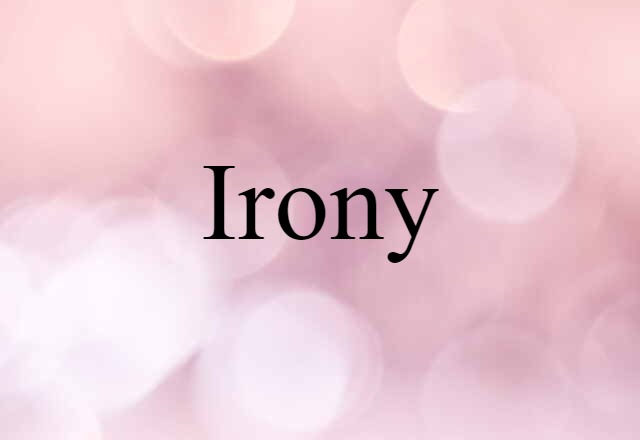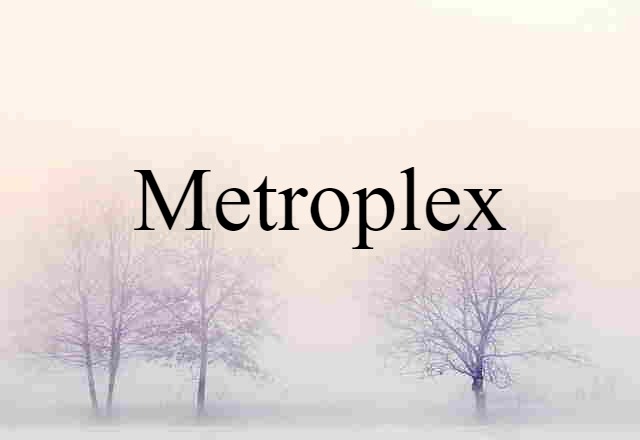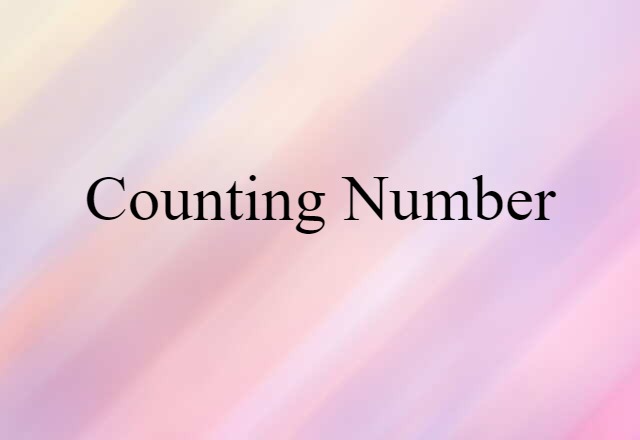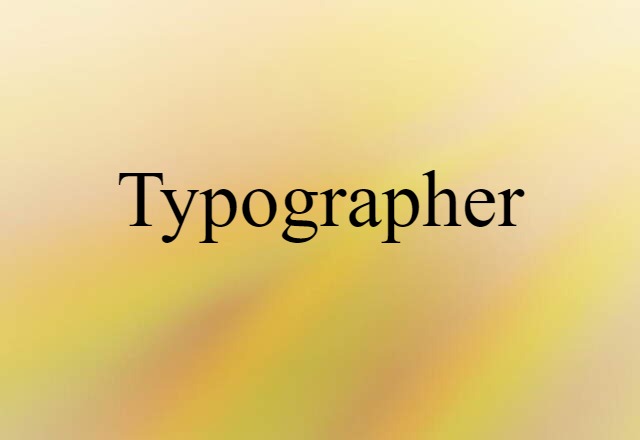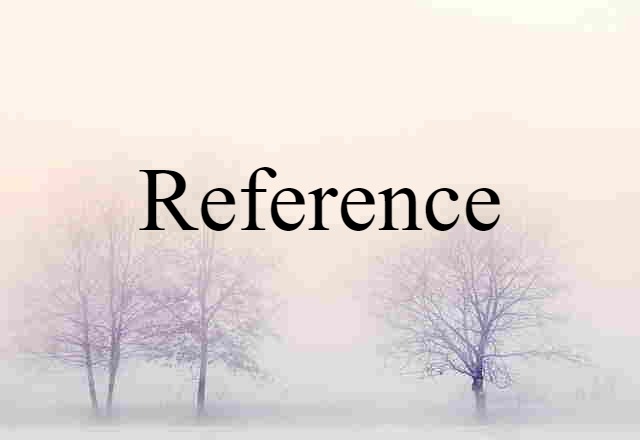- the use of words to convey a meaning that is the opposite of its literal meaning: the irony of her reply, “How nice!” when I said I had to work all weekend.
- Literature.
- a technique of indicating, as through character or plot development, an intention or attitude opposite to that which is actually or ostensibly stated.
- (especially in contemporary writing) a manner of organizing a work so as to give full expression to contradictory or complementary impulses, attitudes, etc., especially as a means of indicating detachment from a subject, theme, or emotion.
- Socratic irony.
- dramatic irony.
- an outcome of events contrary to what was, or might have been, expected.
- the incongruity of this.
- an objectively sardonic style of speech or writing.
- an objectively or humorously sardonic utterance, disposition, quality, etc.
- consisting of, containing, or resembling the metal iron: an irony color.
- the humorous or mildly sarcastic use of words to imply the opposite of what they normally mean
- an instance of this, used to draw attention to some incongruity or irrationality
- incongruity between what is expected to be and what actually is, or a situation or result showing such incongruity
- See dramatic irony
- philosophy See Socratic irony
- of, resembling, or containing iron
